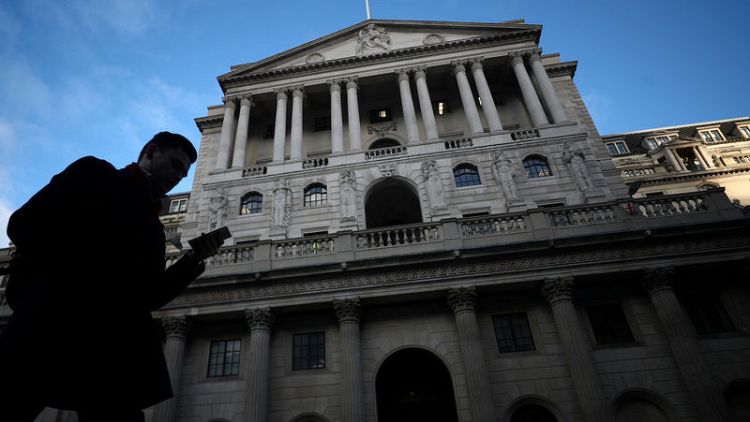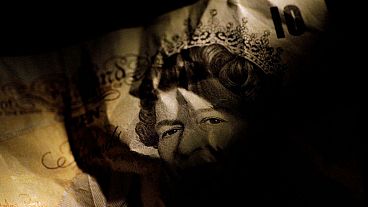LONDON (Reuters) - Prime Minister Theresa May said on Wednesday she would welcome female applicants to succeed Mark Carney as governor of the Bank of England, a post filled by only by men over more than three centuries.
Britain has begun the search for the next boss of its central bank ahead of Carney's departure in nine months' time.
"As you might have noticed, I do like it when women are in senior positions. I think women should be encouraged to apply for senior positions," she told a committee of senior parliamentary lawmakers.
"It will be important to take the decision as to who is the right person to be the governor of the Bank of England, but I would encourage applications from female applicants," May - who started her career at the Bank - said.
Speaking separately, the Bank's top oversight official said the next governor should be the best person for the job regardless of gender, but also said that a female governor would be an event of historical significance.
"It will be a brilliant moment for this institution when we appoint our first woman governor and it will be a brilliant moment for the institution when we appoint our first BAME (black, Asian and minority ethnic) governor," Bradley Fried, chair of the BoE's Court, told the Treasury Committee.
Carney, a Canadian, became the first foreign governor in the Bank's three-century history when he took up his role on July 1, 2013. He is due to step down on Jan. 31 next year.
Many of the people expected to be front-runners to replace him are male, including former BoE deputy governor Andrew Bailey who is now chief executive of the Financial Conduct Authority, a markets regulator, and current top BoE officials such as deputy governor Ben Broadbent and chief economist Andy Haldane.
Potential female candidates include Minouche Shafik, a former BoE deputy governor who is director of the London School of Economics, and Shriti Vadera who is non-executive chairwoman of Santander UK, one of Britain's biggest banks, and was a junior business minister during the financial crisis.
Carney has acknowledged the lack of women in senior positions at the Bank. Only one of the central bank's nine current monetary policy makers is female. Of the 12 members of its Financial Policy Committee, similarly only one is a woman.
(Reporting by William James and Elizabeth Piper; Writing by Elisabeth O'Leary and William Schomberg; Additional reporting by Andy Bruce; Editing by Peter Graff)



